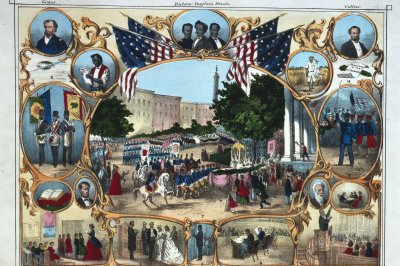Topic: Walter Bagehot
Quotes
The business of banking ought to be simple; if it is hard, it is wrong
Walker's World: Bernanke the diplomat Mar 01, 2010
The reason that there are so few good books written is that so few people who write know anything
The almanac Apr 15, 2009
The reason that there are so few good books written is that so few people who write know anything
The almanac Apr 15, 2008
The reason that there are so few good books written is that so few people who write know anything
The Almanac Apr 15, 2007
The reason that there are so few good books written is that so few people who write know anything
The Almanac Apr 15, 2006
Walter Bagehot (pronounced /ˈbædʒət/ BA-jət) (3 February 1826 – 24 March 1877) was an English businessman, essayist, and journalist who wrote extensively about literature, government, and economic affairs.
Bagehot was born in Langport, Somerset, England on 3 February 1826. His father, Thomas Walter Bagehot, was managing director and vice-chairman of Stuckey's Banking Company. He attended University College London, where he studied mathematics and in 1848 earned a master's degree in intellectual and moral philosophy. In April 1848, Bagehot was sworn as a Special Constable in anticipation of Chartist riots in London.
Bagehot was called to the bar by Lincoln's Inn, but preferred to join his father in 1852 in his family's shipping and banking business. He wrote for various periodicals, and in 1855 founded the National Review with his friend Richard Holt Hutton. Later becoming editor-in-chief of The Economist, which had been founded by his father-in-law, James Wilson, in 1860, Bagehot expanded The Economist's reporting on the United States and on politics and is considered to have increased its influence among policymakers over the seventeen years he served as editor. In honour of his contributions, the paper's weekly commentary on current affairs in the UK is entitled "Bagehot," just as its "Lexington" column addresses the United States, "Charlemagne" addresses Europe, "Banyan" addresses Asia, "Schumpeter" addresses business, and "Buttonwood" addresses financial markets.
It uses material from the Wikipedia article "Walter Bagehot."









